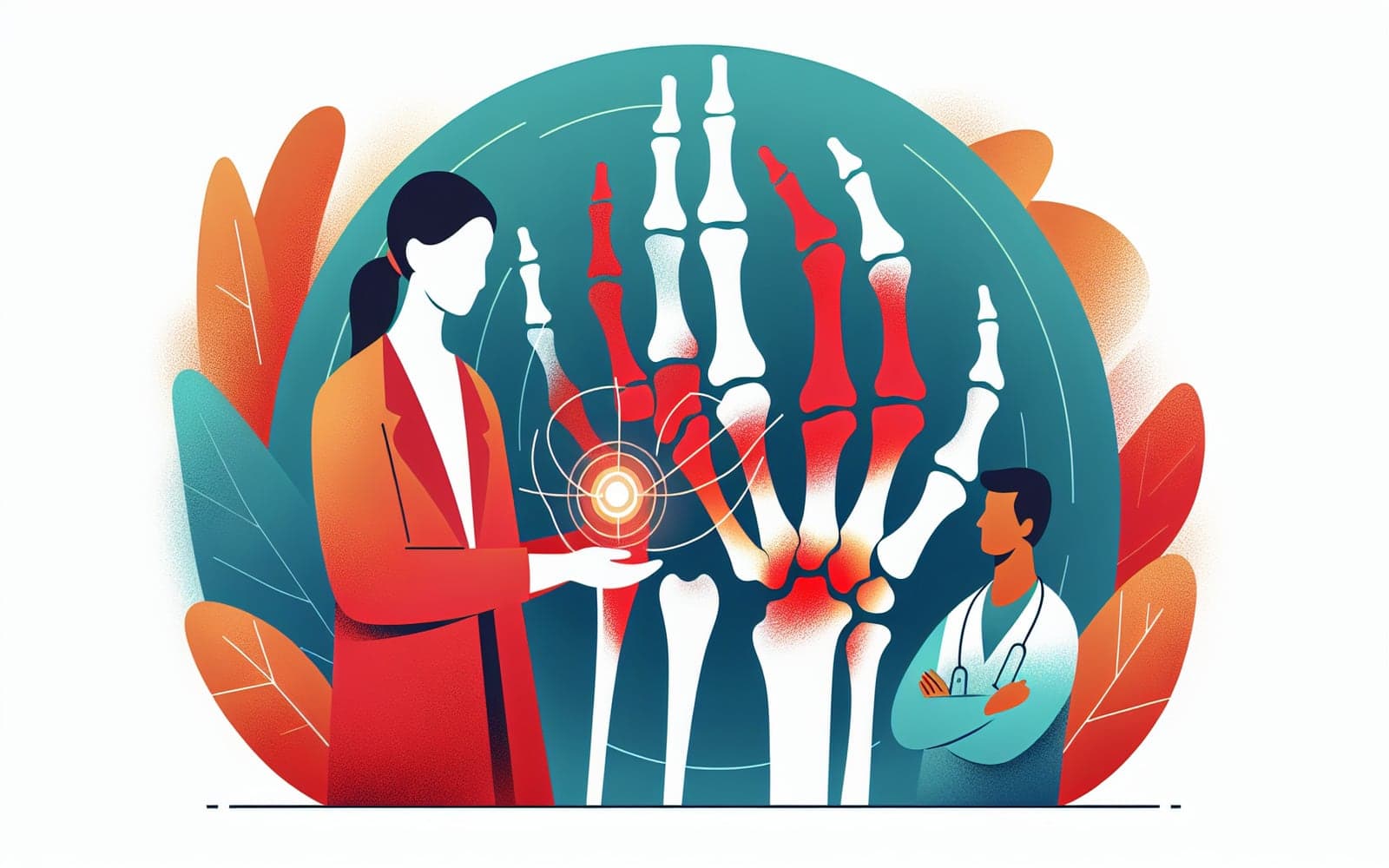Understanding the Risk Factors for Radial Head Fractures
Published: Jan 09, 2024
Knowing the risk factors for radial head fractures can help in preventing these common injuries.
Contents
Common Risk Factors
Radial head fractures often result from falls onto an outstretched hand, making activities involving heights or uneven surfaces riskier. Sports that have a high chance of falls or direct blows to the arm increase the likelihood of such fractures. Awareness of these activities can aid in taking preventive measures.
Demographic Insights
While these fractures affect both genders, men might experience them slightly earlier in life. Adults around the age of 45 are particularly susceptible. Understanding these demographic trends can help in tailoring preventive strategies.

Preventive Measures
Wearing protective gear during sports and being cautious on uneven surfaces can reduce the risk of falls and fractures. Strengthening exercises for the arm and elbow can also provide better support during impacts. These simple precautions can significantly lower the chances of injury.
Frequently Asked Questions
Sports and activities with high fall risk.
Adults around age 45, with men experiencing them earlier.
Use protective gear and strengthen arm muscles.
Key Takeaways
Understanding and mitigating risk factors can help prevent radial head fractures.
Want to learn more about preventing injuries? Start a conversation with Doctronic today!Related Articles
References
van Riet RP, Morrey BF, O'Driscoll SW, Van Glabbeek F. Associated injuries complicating radial head fractures: a demographic study. Clin Orthop Relat Res 2005; 441:351.
Always discuss health information with your healthcare provider.

